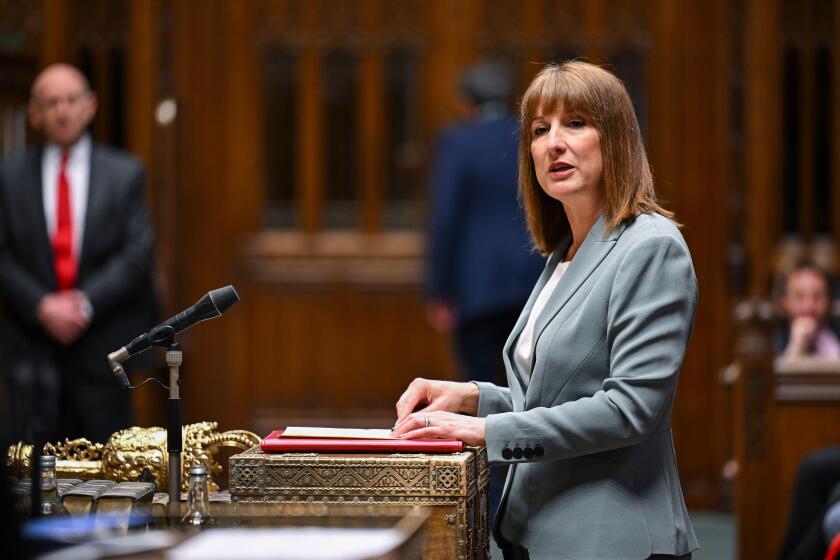French prime minister François Bayrou faces a risky autumn when the country's parliament votes on a budget proposal to slash not just spending but two public holidays.
But investors would be wise not to ignore the UK’s budget this autumn too, in which Reeves faces her own fiscal dilemama — not least, because she has a Liz Truss problem.
Reeves continues to insist the strict and self-imposed fiscal rules she has been constrained by sincethe Labour government came to power in 2024 are non-negotiable.
Namely, day-to-day government costs must be paid for by tax income, rather than borrowing. Furthermore, debt as a share of national income must be falling by the end of the 2030 parliament.
It appears the chancellor has internalised the Gilt market fallout of from 2022 when, in the autumn, prime minister Liz Truss shocked all with a package of unfunded tax cuts. Yields rose so high, so quickly that the Bank of England was forced to step into the market. Truss was soon to become the UK's shortest-lived PM.
In fact, Reeves has learned the lesson of 2022 to such an extent that it has become — as Gen Z would say — her personality.
And there are reasons to be cautious.
The Gilt crisis showed that bond markets can unravel quickly and that governments' fiscal credibility matters.
Ever since, there have been flickers of discord from investors, suggesting an element of UK political risk remains baked into long-dated Gilt yields.
But the strategy is struggling.
Despite holding a large parliamentary majority, the UK government in June faced a party rebellion and was forced to scrap €5bn of welfare reforms.
Then data last week showed government borrowing had risen even more than expected — it was the second highest June borrowing figure since records began, just behind 2020 at the height of the pandemic.
Having boxed herself in fiscally, Reeves is unwilling to consider other measures that could induce a problematic bond market reaction.
So now the cuts must come from elsewhere, or else taxes increased. Either way, if the UK government cannot command the support of its own parliamentary party, then the possibility of a fiscal crisis in the autumn must be taken seriously.
It is hard to believe that Reeves’ low risk strategy — tinkering with welfare cuts, or tax rises, at the very margins — will end up leading to anything else but failure, either this year or later.

